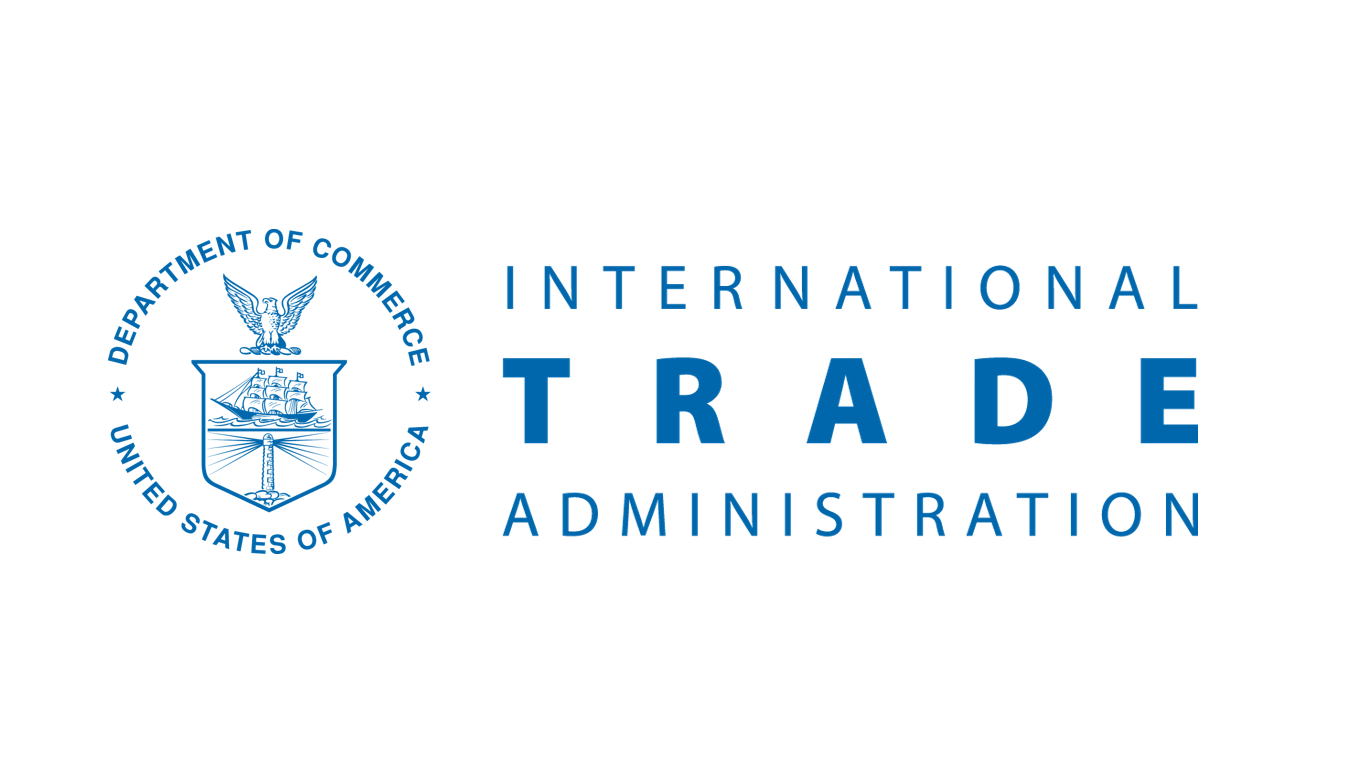Berry Amendment Implementation
The Berry Amendment - Implementation
Implementation of the Berry Amendment
Berry Amendment restrictions are implemented by the DoD Federal Acquisition Regulation Supplement (DFARS) 252.225-7012. [NOTE: Includes only clothing & textile relevant provisions and NOT provisions related to food and hand or measuring tools. Therefore, numbering might not be sequential in all instances]
SUBPART 225.70—AUTHORIZATION ACTS, APPROPRIATIONS ACTS, AND OTHER STATUTORY RESTRICTIONS ON FOREIGN ACQUISITION
(Revised December 24, 2009)
225.7002 Restrictions on … clothing, fabrics …
225.7002-1 Restrictions.
The following restrictions implement 10 U.S.C. 2533a (the “Berry Amendment”). Except as provided in subsection 225.7002-2, do not acquire—
(a) Any of the following items, either as end products or components, unless the items have been grown, reprocessed, reused, or produced in the United States:
(2) Clothing and the materials and components thereof, other than sensors, electronics, or other items added to, and not normally associated with, clothing and the materials and components thereof. Clothing includes items such as outerwear, headwear, underwear, nightwear, footwear, hosiery, handwear, belts, badges, and insignia. For additional guidance and examples, see PGI 225.7002-1(a)(2).
(3) Tents, tarpaulins, or covers.
(4) Cotton and other natural fiber products.
(5) Woven silk or woven silk blends.
(6) Spun silk yarn for cartridge cloth.
(7) Synthetic fabric or coated synthetic fabric, including all textile fibers and yarns that are for use in such fabrics.
(8) Canvas products.
(9) Wool (whether in the form of fiber or yarn or contained in fabrics, materials, or manufactured articles).
(10) Any item of individual equipment (Federal Supply Class 8465) manufactured from or containing any of the fibers, yarns, fabrics, or materials listed in this
paragraph (a).
225.7002-2 Exceptions.
Acquisitions in the following categories are not subject to the restrictions in 225.7002-1:
(b) Acquisitions of any of the items in 225.7002-1(a), if the Secretary concerned determines that items grown, reprocessed, reused, or produced in the United States cannot be acquired as and when needed in a satisfactory quality and sufficient quantity at U.S. market prices. (See the requirement in 205.301 for synopsis within 7 days after contract award when using this exception.)
(1) The following officials are authorized, without power of redelegation, to make such a domestic nonavailability determination:
(i) The Under Secretary of Defense (Acquisition, Technology, and Logistics).
(ii) The Secretary of the Army.
(iii) The Secretary of the Navy.
(iv) The Secretary of the Air Force.
(v) The Director of the Defense Logistics Agency.
(2) The supporting documentation for the determination shall include—
(i) An analysis of alternatives that would not require a domestic nonavailability determination; and
(ii) A written certification by the requiring activity, with specificity, why such alternatives are unacceptable.
(3) Defense agencies other than the Defense Logistics Agency shall follow the procedures at PGI 225.7002-2(b)(3) when submitting a request for a domestic nonavailability determination.
(4) Follow the procedures at PGI 225.7002-2(b)(4) for reciprocal use of domestic nonavailability determinations.
(c) Acquisitions of items listed in FAR 25.104(a), unless the items are hand or measuring tools.
(d) Acquisitions outside the United States in support of combat operations.
(g) Emergency acquisitions by activities located outside the United States for personnel of those activities.
(h) Acquisitions by vessels in foreign waters.
(i) Acquisitions of items specifically for commissary resale.
(j) Acquisitions of incidental amounts of cotton, other natural fibers, or wool incorporated in an end product, for which the estimated value of the cotton, other natural fibers, or wool—
(1) Is not more than 10 percent of the total price of the end product; and
(2) Does not exceed the simplified acquisition threshold.
(k) Acquisitions of waste and byproducts of cotton or wool fiber for use in the production of propellants and explosives.
(m) Acquisitions of fibers and yarns that are for use in synthetic fabric or coated synthetic fabric (but not the purchase of the synthetic or coated synthetic fabric itself), if
(1) The fabric is to be used as a component of an end product that is not a textile product. Examples of textile products, made in whole or in part of fabric, include
(i) Draperies, floor coverings, furnishings, and bedding (Federal Supply Group 72, Household and Commercial Furnishings and Appliances);
(ii) Items made in whole or in part of fabric in Federal Supply Group 83, Textile/leather/furs/apparel/findings/tents/flags, or Federal Supply Group 84, Clothing, Individual Equipment and Insignia;
(iii) Upholstered seats (whether for household, office, or other use); and
(iv) Parachutes (Federal Supply Class 1670); or
(2) The fibers and yarns are para-aramid fibers and yarns manufactured in a qualifying country.
(n) Acquisitions of chemical warfare protective clothing when the acquisition furthers an agreement with a qualifying country. (See 225.872 and the requirement in 205.301 for synopsis within 7 days after contract award when using this exception.)
